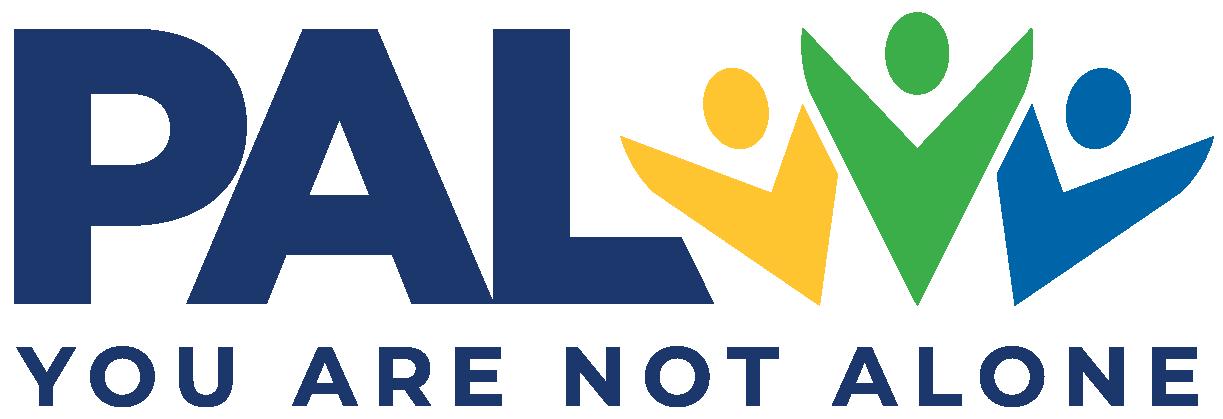
As a professional who has been working in the field of addiction and mental illness for many years, I have seen the worst. I have stood in front of high-risk relapse populations working tirelessly to end this horrific epidemic that still remains largely hidden. I have listened to the endless stories of pain that wreak havoc on the spirit, soul, and the body of your loved ones. I’m angry.
Sound dramatic? It is. Addiction is deadly and I wouldn’t wish it on anyone. Unfortunately, this IS the reality for many families. People say I am too direct, too harsh, and even mean. Maybe it’s because of the devastation I have seen too many times. Maybe it’s because I have the opportunity to stand in the gap and be a voice for the parents and loved ones who are exasperated, tired, and defeated. But deep down inside there is an unquenchable conviction that hopefully I can be a voice to those suffering from the horrific disease of addiction.
Probably one of the most complex and discussable concepts is love. When we talk about loving someone to death we need to begin with a clear definition and how it relates to addiction. We love our children (and loved ones) deeply. We have bonded intensely to them. Bonding forms through a strong dopaminergic effect. Dopamine is a neurotransmitter and a hormone. Along with oxytocin, they activate the sensation or “feeling” of love. It plays a large role in bonding and attachment to one another.
Out of our deep felt, sincere, authentic love for someone; out of our heartfelt intentions to help our loved one, we can unknowingly and innocently reinforce the addiction to remain alive and our loved one to die. The more we love, the more we reinforce the possibility of death. Now you say to me, “ok great, you’ve told me I’m slowly killing my loved one because I love them, that makes no sense, what now?”
The first task is to slow down and learn the skill of being self-aware. The big word is called interoception. Self-awareness is a concept I teach to people in early recovery. We must begin to learn and manage what we are feeling, sensing, and experiencing inside of our bodies while maintaining rational thoughts. We want to work both sides of the brain in tandem – left (logic and reasoning) and right (feeling). These sensations can go largely unnoticed, causing us to behave, think and make choices that keep us stuck in patterns that no longer benefit us. Sometimes those sensations are very uncomfortable, and we have an “urge” to “do” something to relieve that tension. That same urge, or sensation that causes someone to use is like the urge you may have to rescue your loved one. Our urges inside of our body cause us to react and behave in certain ways. We can do things that are good for us, and we can do things that are not beneficial to us. But, when we are self-aware, we have a greater ability to make wise, rational choices despite the urge to do the opposite.
Let me give you an example: Your loved one knocks on the door unexpectedly. You haven’t heard from or seen them in days, maybe months. You have been worried sick; you haven’t slept or ate and have been white knuckling life. You peek out the window and there they are, disheveled and thin. Just by seeing them you have activated the attachment bond that was formed long ago. Your body is on fire. Emotions, sensations, and feelings are driving the love bus. You open the door and your loved one starts talking and your body and thinking patterns will respond in long standing habitual ways. I think you know the rest of the story. We yell with anger, scream with sadness, or reach out and embrace with love. We bring them in, and the familiar pattern is activated. We are unable to see what is happening because we are too busy reacting – we are unaware.
A common term used in recovery is “enabling,” or doing something for someone else who is fully capable of and should be doing themselves. It’s doing something for someone else that reinforces the pattern of addiction. Most importantly, we rationalize and justify it as love. Either we are the enabler, or we know who the family enabler is. It’s that person that taps into the love tank and provides the loved one with a need that is typically a consequence of the addiction. When this enabling pattern occurs over and over, we reinforce the downward spiral.
The second task is learning vulnerability and openness. We need to open ourselves to new ways of perceiving, thinking, and behaving. I can hear the voice or Dr. Phil in my head, “how’s that working for you?” Our current patterns must cease, they’re not working. We first need to be vulnerable and open to ourselves. We tend to be our worst critic. We judge, analyze, and criticize every thought and move we make. Once we release ourselves from judgment we can gently adjust to openness and vulnerability. We go towards the emotions, not run. We sit in the grief and the disappointment, and we do not medicate and detach from life. We stop trying to be strong and tough but become receptive to our own healing process.
The third task is finding support. Find like-minded people that have walked in your shoes. Listen, learn and be teachable. In addiction treatment we say, “find support when you want to use or regress to old patterns and behaviors.” The same applies to the family. When you have urges to go back to old patterns and behaviors reach out to others that understand, like those in your PAL meetings. Become self-aware of your own protective mechanisms tempting you to shut down and not listen to wisdom from others.
Although addiction can leave a trail of death and destruction, it has lost its death grip on millions of people through a variety of ways. I have walked alongside many courageous individuals that have beaten death. They have repaired and restored relationships and have found healing and freedom. I have seen mothers and fathers reunited with their children who were removed from them. I have coached numerous women to stand strong in front of the judge and plead for the return of their children. The miracles keep me going. The courageous fighters keep me going. I will continue to serve you and fight for your loved one.
Brenda Cochran, LCSW
Brenda Cochran, LCSW is a clinical social worker in Glendale, AZ
